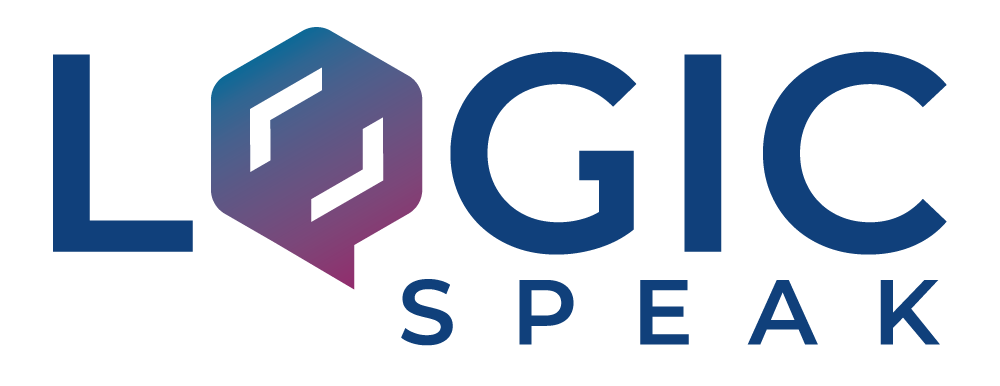Understanding the role of connectivity in today’s remote world
Our concept of connectivity has changed over the past six months. It likely means something different to each of us as we have been required to limit our face-to-face connections. In business, the term’s meaning was once limited to switches, routers, networks, and the Internet. But many of us have broadened our definition of connectivity as it has taken on greater and different meaning. In response to COVID-required remote work, we have learned that both technological connectivity and human connectivity have an important role to play in business.
Technological connectivity is a high priority for organizations as they seek the tools to help their employees operate as if they were still in the office. As we work remotely for an indefinite amount of time, we must have technological connectivity to do our jobs effectively. How can employees stay productive while they are working from home? How can they access files, collaborate on projects, and participate in meetings as if they were in the office? At Logic Speak, we have found that the technological common denominators of those companies that have successfully navigated the shutdowns are cloud computing and comprehensive collaboration tools. Having these technologies in place has made the difference between just surviving or continuing to thrive during COVID-19 for many of our clients. These technologies are not only critical for remote work—they are also important for success at any time.
Stay Connected!
Get the latest IT trends and best practices in your inbox.


Recent Comments